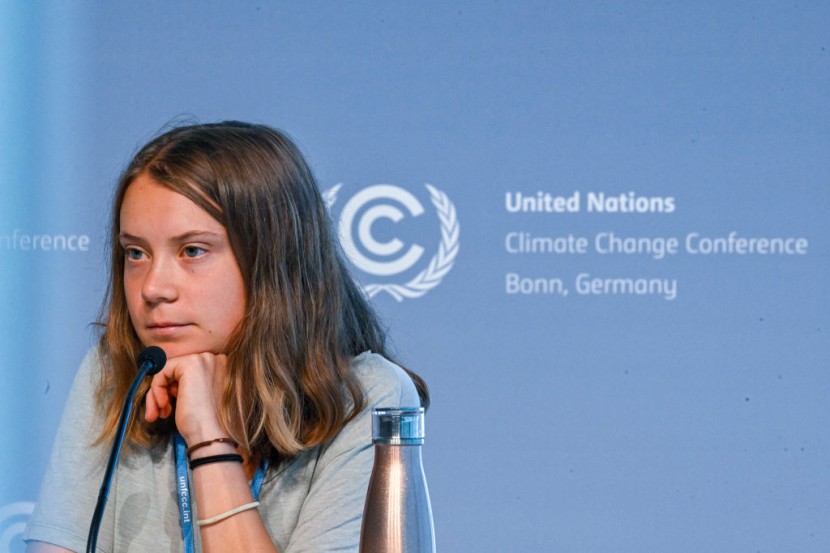
Greta Thunberg, a climate campaigner, has warned governments that failure to phase out fossil fuels amounts to signing a "death sentence" for millions of underprivileged people throughout the globe.
Speedy and Fair Fossil Fuel Phaseout May Avoid Global Warming
On Tuesday, June 13, she issued a warning that the current rate of yearly greenhouse gas emissions means that only a rapid and equitable phaseout of fossil fuels can prevent global temperatures from rising more than 1.5 degrees Celsius over pre-industrial levels.
She made these remarks during a news conference at UN climate talks in Bonn, Germany. According to The Guardian, she said that what the future looks like will be decisively determined in the next several months and years.
"If we do not [phase out fossil fuels], it will be a death sentence for countless people. It is already a death sentence for countless people," she added.
Last week, Thunberg declared that the weekly school strikes she has been holding since 2018 in response to government inactivity on the climate problem would be coming to an end, as reported by BBC. Despite not being in school, the activist plans to raise awareness about climate change and highlight the perspectives of young people in impoverished countries.
She warned that if the political will to curb fossil fuel consumption is not mobilized, the world's average temperature could rise by more than 1.5 degrees Celsius beyond pre-industrial levels, potentially setting off a chain reaction of repercussions that might cause catastrophic global warming.
A Contentious Topic of How and When to Phase Out Fossil Fuels
At the next COP28 UN climate conferences, the subject of how and when to phase out fossil fuels is certain to spark heated debate. Dubai, United Arab Emirates, is hosting the summit since the country is a big oil and gas producer.
Many nations hope that the COP28 meeting will result in an official agreement to phase out fossil fuels or at least include this topic on the agenda for discussion. However, the UAE president has been cautious, stating that there is not yet unanimity on the agenda and that there is strong opposition from certain nations, including fossil fuel producers like Saudi Arabia.
Sultan Al Jaber, the UAE Minister and CEO of Adnoc, the country's national oil corporation, will preside over the discussions. Adnoc is preparing for a major increase in fossil fuel output.
Al Jaber's dual employment was deemed a conflict of interest by a Kenyan climate justice organizer Eric Njuguna. A CEO of a fossil fuel company, he argued, is "a stab in the back for poor countries" in light of their efforts to curb the climate problem.
© 2026 HNGN, All rights reserved. Do not reproduce without permission.








